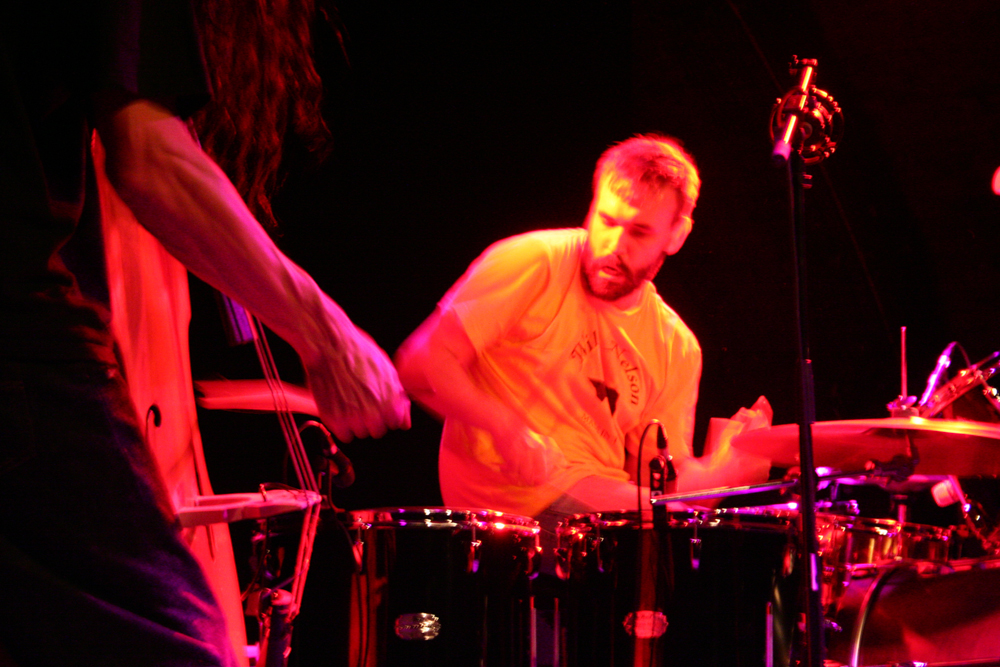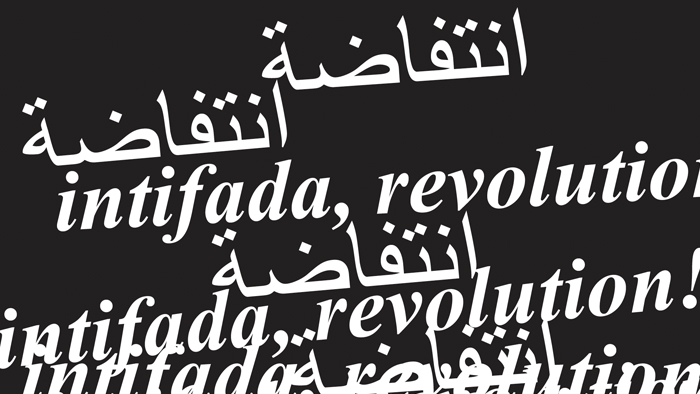
The utterly in common, or bodies of colour in the flesh
James Goodwin Nisha Ramayya
“Beginning where you and me ends, where we don’t so much come but are already here.” Join James and Nisha to talk about breath, erotics and flesh, about our social, poetic cosubstantiality.













